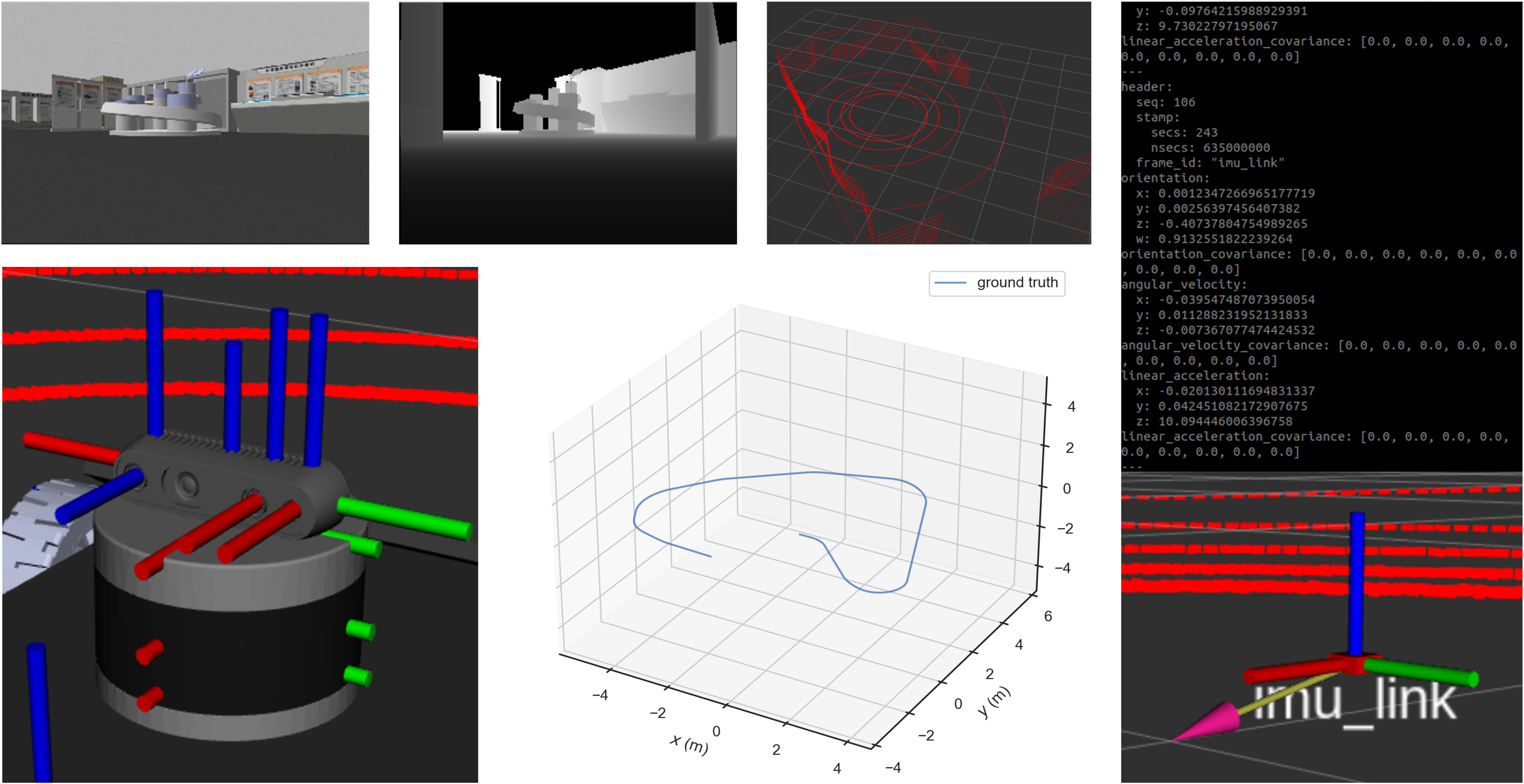TransFusionOdom: Interpretable Transformer-based LiDAR-Inertial Fusion Odometry Estimation
Multi-modal fusion of sensors is a commonly used approach to enhance the performance of odometry estimation, which is also a fundamental module for mobile robots. However, the question of \textit{how to perform fusion among different modalities in a supervised sensor fusion odometry estimation task?} is still one of challenging issues remains. Some simple operations, such as element-wise summation and concatenation, are not capable of assigning adaptive attentional weights to incorporate different modalities efficiently, which make it difficult to achieve competitive odometry results. Recently, the Transformer architecture has shown potential for multi-modal fusion tasks, particularly in the domains of vision with language. In this work, we propose an end-to-end supervised Transformer-based LiDAR-Inertial fusion framework (namely TransFusionOdom) for odometry estimation. The multi-attention fusion module demonstrates different fusion approaches for homogeneous and heterogeneous modalities to address the overfitting problem that can arise from blindly increasing the complexity of the model. Additionally, to interpret the learning process of the Transformer-based multi-modal interactions, a general visualization approach is introduced to illustrate the interactions between modalities. Moreover, exhaustive ablation studies evaluate different multi-modal fusion strategies to verify the performance of the proposed fusion strategy. A synthetic multi-modal dataset is made public to validate the generalization ability of the proposed fusion strategy, which also works for other combinations of different modalities. The quantitative and qualitative odometry evaluations on the KITTI dataset verify the proposed TransFusionOdom could achieve superior performance compared with other related works.
PDF Abstract

 KITTI
KITTI